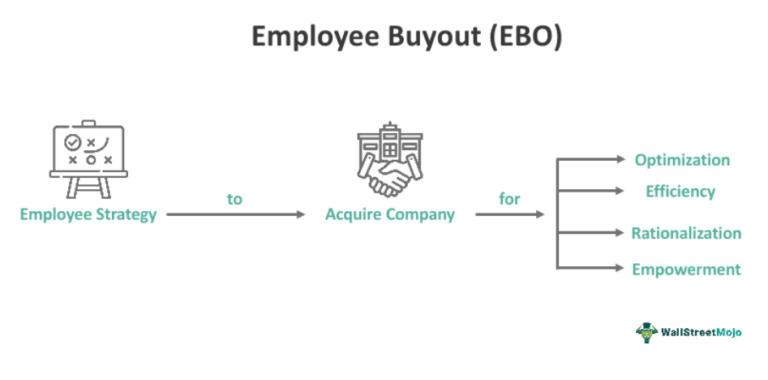
Audience
- Sentiment: Neutral
- Political Group: Conservative
- Age Group: Younger adults
- Gender: All genders
Overview
- Former President Trump proposes to stop minting new pennies due to their production cost exceeding their value.
- Arguments for eliminating the penny include saving taxpayer dollars and the growing digital economy.
- Some people argue for keeping the penny, citing its cultural significance and concerns about potential price increases.
Should We Say Goodbye to Pennies? An Exploration of President Trump’s Bold Move
Imagine walking into a store and seeing a shiny penny resting on the floor. You might pick it up, but after you do, you think, “What’s the point? This won’t buy me anything!” This scenario is what initiated a huge conversation recently when former President Donald Trump announced plans to stop minting new pennies. This might seem like a small financial detail, but it raises some big questions about money, government spending, and the way we handle our currency. In this article, we’ll explore what led to this announcement, the arguments for and against it, and how this decision could change the way we think about money in our daily lives.
The Price of a Penny
Let’s start by looking at what’s going on with the cost of producing pennies. Did you know it costs the U.S. government over two cents to make just one penny? That’s right! When you consider that we spend more money making the penny than what it’s worth, it raises eyebrows. So why do we even have pennies if they’re costing us more than they bring in?
As consumers, we often think of money purely in terms of its face value. A penny is a penny, and who could argue with that? But when you think about it in terms of how much it costs to produce these coins, it really starts to shake things up. With the government trying to save taxpayer dollars and operate more efficiently, stopping the minting of the penny seems like a logical step. After all, if something is costing taxpayers more money than it’s worth, shouldn’t we reconsider its usefulness?
The Pennies in Our Pockets
Many people probably have a jar or a piggy bank filled with pennies. They seem harmless and maybe even nostalgic, but there’s a hidden cost behind them. It takes machines, resources, and labor to create every single penny. Countries like Canada have already jumped on the bandwagon and eliminated their one-cent coin. In Canada, the government decided to phase out the penny in 2013 for similar reasons to those brought up by Trump: the coin was costing more than it was worth and was becoming increasingly impractical in transactions.
When Canada removed the penny, businesses started rounding prices to facilitate smoother transactions. A gallon of milk that used to cost $3.97 might become $4.00 or $3.95, depending on the rounding rules. Customers quickly adapted, and it didn’t seem to cause much fuss. But what about the people who argue in favor of keeping the penny?
The Argument for Keeping the Penny
While some people are happy to see the penny go, others believe it’s essential to keep it around. The most common argument for keeping pennies is that they are a part of our everyday lives and American culture. Think about how many times you’ve seen the expression, “Find a penny, pick it up, all day long you’ll have good luck!” Many folks consider them charming—a reminder of older times.
Moreover, there are some economic arguments for keeping the penny. They argue that removing the penny could cause prices to rise because businesses may just round everything up. This could make things like snacks or drinks just a bit more expensive, potentially impacting those who are already watching every dollar.
And let’s not forget about the collectors. Vintage or rare pennies can be worth a lot of money! For coin collectors, the elimination of pennies might mean fewer chances to find unique coins in daily circulation.
The Role of the Government
Let’s take a step back and examine the overall impact of Trump’s announcement. The U.S. government, like any business, aims for efficiency. If stopping the minting of pennies can help save taxpayer money, it may seem like an act of responsible governance. But there’s a catch! There’s ongoing debate about whether Trump has the authority to make such a move. The U.S. Constitution grants Congress the power to regulate currency, which includes making decisions about which coins we use. This means that even if the President wants to push the change, Congress would ideally need to be involved in such a significant decision.
With the government being so divided politically, it raises concerns about how the issue would be received in Congress. While some members might support the idea, others may resist the change due to various reasons, including the emotional and cultural arguments surrounding our coins.
Looking Beyond the Penny
In reality, the debate over the penny serves as a springboard into a larger conversation about our economy and how we think about money. As we move further into a digital age, where methods of payment like credit cards, apps, and digital currencies are becoming more prevalent, the need for physical coins may continue to diminish.
Many in the younger generation might already prefer using electronic payment methods instead of fumbling around for coins in their pockets. With apps like Venmo and services like Apple Pay, transferring money has never been easier. As more people adopt cashless transactions, the penny might start to feel like an outdated relic of the past.
Conclusion: What’s Next for the Penny?
In the end, the decision to eliminate the penny isn’t just about coins or cash—it’s a reflection of our evolving economy and lifestyles. Changes in currency usage and economic efficiency will likely continue to shape how we handle money in everyday transactions. So, if Trump’s proposal goes through and pennies are no longer minted, what would that mean for us? Would we miss them, or would the convenience of rounding prices outweigh the charm of a small coin?
As we ponder these questions, I want to hear from you! What do you think about the possibility of eliminating the penny? Would you prefer to keep it around for sentimental reasons, or do you see it as an unnecessary burden on our economy? Share your thoughts in the comments below!





